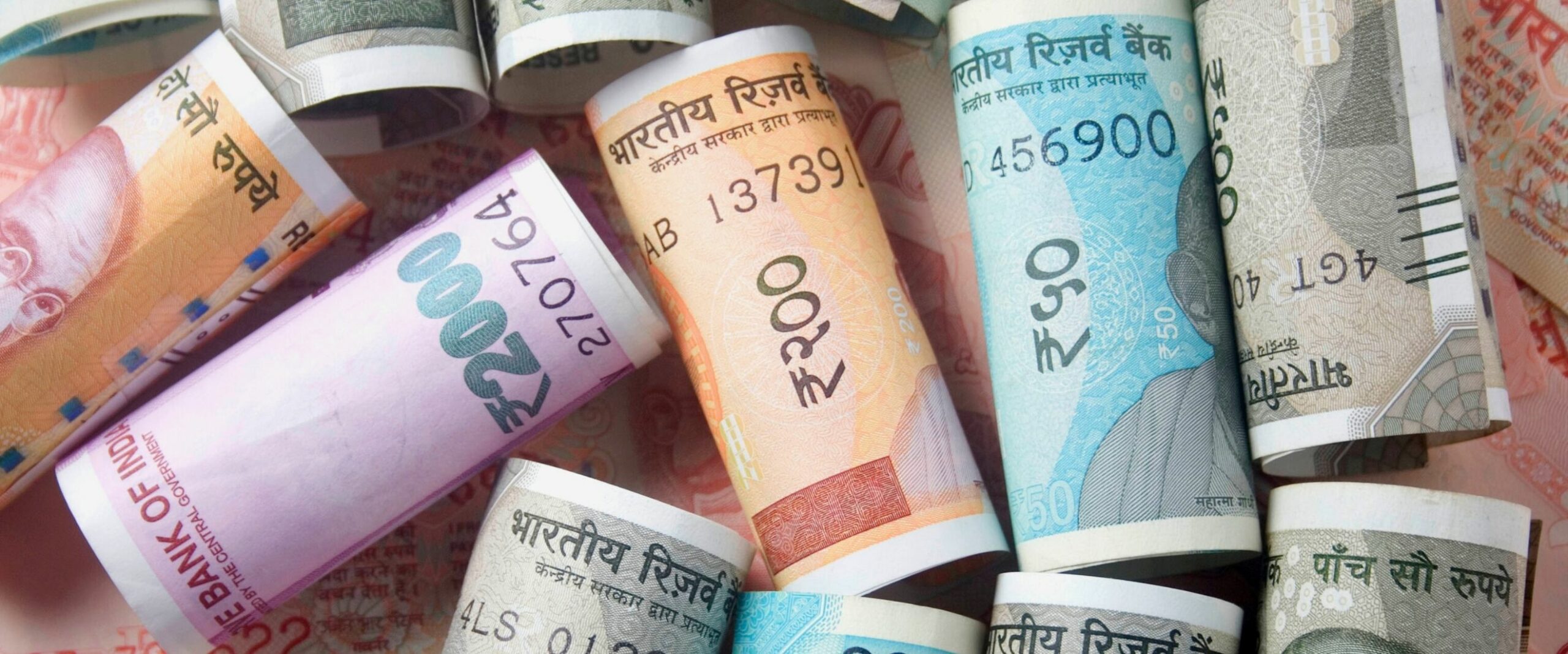
The PMLA was enacted to combat money laundering, imposing severe penalties for violations. However, critics argue that the act has been weaponized, allowing the ED to unduly prolong the detention of accused persons while their cases are being adjudicated. The apex court's recent remarks suggest that the judiciary must intervene to ensure that these legal provisions are not misused to infringe upon individual rights.
The issue emerged prominently during a case involving an accused person who was denied bail by the Delhi High Court. The High Court's ruling was primarily based on the severity of the charges and the potential risk of tampering with evidence. The Supreme Court, however, pointed out that the mere existence of serious allegations should not automatically justify prolonged detention without adequate grounds. This statement reflects a growing judicial concern over the balance between enforcing laws designed to combat crime and upholding the rights of individuals accused of wrongdoing.
Legal experts and human rights advocates have highlighted the potential for misuse of PMLA's provisions. They argue that the ED has often used the act as a tool for coercion rather than as a legitimate means of pursuing justice. As a result, individuals have found themselves trapped in a cycle of detention while their cases are pending, often for extended periods, which can adversely affect their mental health and financial stability.
The Supreme Court's intervention in this matter is significant. By emphasizing the need for courts to critically assess the application of bail conditions under PMLA, the judiciary is advocating for a more balanced approach that safeguards the rights of the accused. This stance aligns with the broader legal principle that individuals should not be punished without due process, a cornerstone of justice that ensures fairness in legal proceedings.
Several cases have spotlighted this issue, illustrating a pattern of lengthy detentions based on the interpretation of the law by the ED. For instance, prominent political figures and business tycoons have been implicated in high-profile money laundering cases, resulting in significant media coverage and public scrutiny. Critics argue that these cases often serve more to demonstrate the ED's assertiveness than to pursue justice effectively.
In response to the growing concerns, the Supreme Court has urged lower courts to consider the implications of extended detention on accused individuals and to weigh the potential for bail more judiciously. The court has underscored that the mere gravity of the accusations should not overshadow the fundamental right to liberty. This emphasis on liberty resonates deeply within India's legal framework, which prioritizes individual rights and freedoms.
The evolving legal landscape around money laundering and financial crimes necessitates a reassessment of how laws like the PMLA are enforced. With increasing public awareness and advocacy for human rights, the expectation is for a legal environment that respects individual freedoms while effectively combating financial crimes. The Supreme Court's latest remarks indicate a shift towards ensuring that the justice system operates fairly and equitably.
Stakeholders across various sectors, including legal professionals, civil society organizations, and political entities, have responded positively to the Supreme Court's guidance. Many are calling for legislative reforms to clarify the parameters of bail conditions under the PMLA and to provide greater protections for accused individuals. This sentiment reflects a broader desire for transparency and accountability within the enforcement agencies tasked with upholding the law.
As the debate continues, it remains crucial for the judiciary to remain vigilant in overseeing the application of laws designed to combat serious offenses. The potential for misuse of such laws, especially in politically sensitive cases, poses a challenge to the integrity of the justice system. Ensuring that bail provisions are applied justly will serve not only the interests of the accused but also the credibility of India's legal framework.
